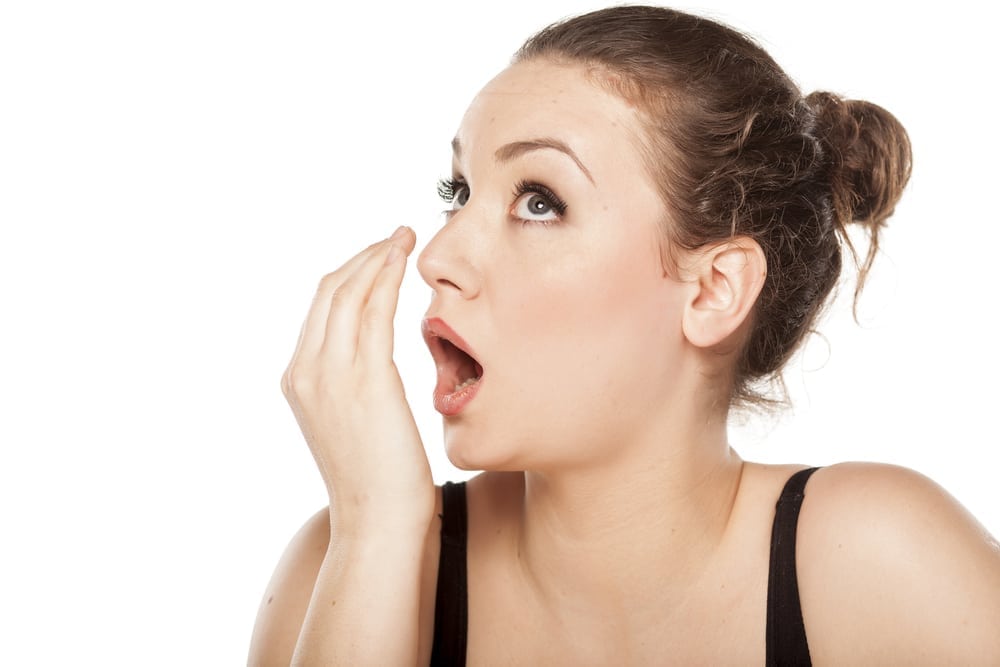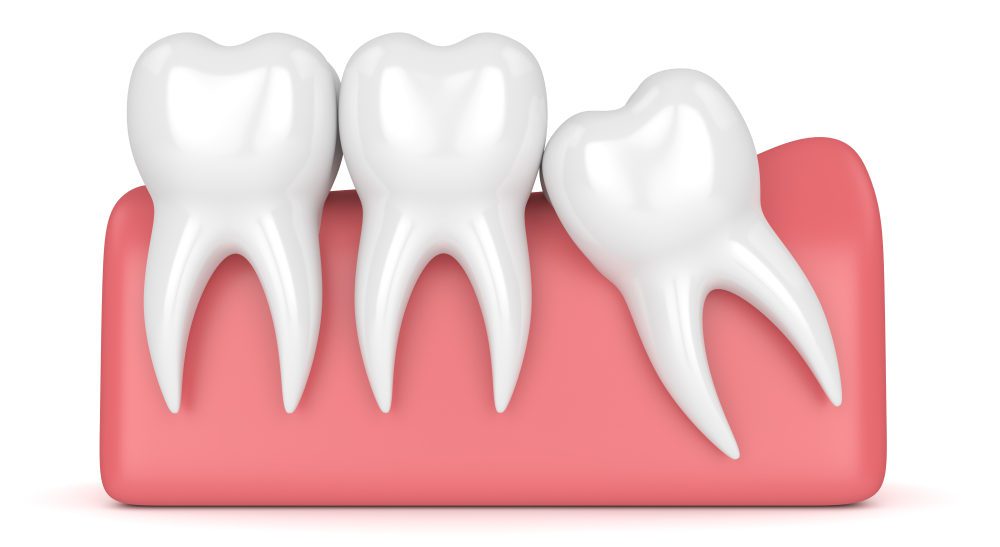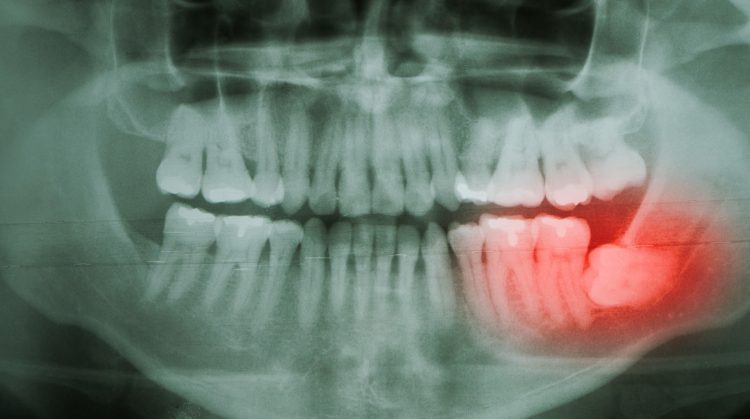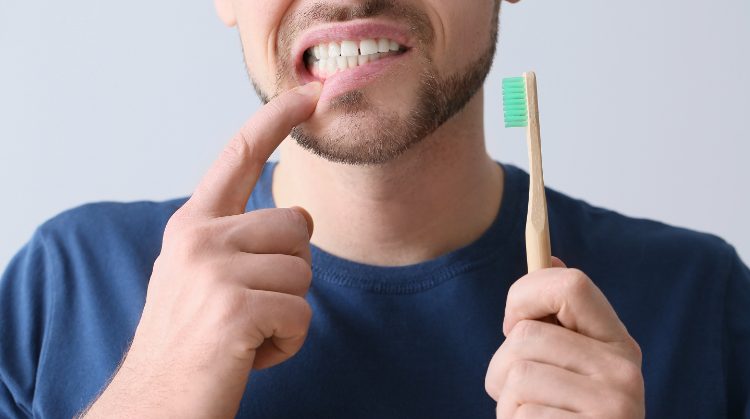Halitosis can be embarrassing and cause anxiety
Medically speaking, bad breath is known as halitosis, and can be caused by a variety of reasons. Most frequently, bad breath is a sign of poor dental health, the result of other health problems, or even recently consumed foods. Bad breath can even be made worse by certain foods and lifestyle habits.
As we chew, foods are broken down in our mouths. Foods with strong odors, such as garlic or onions can cause very bad smells and will not go away until the food passes through the body. Brushing and mouthwash only covers the smell (such as garlic or onions) of the odor temporarily. Bad breath caused by food has the possibility to return until that food is out of the body, even after brushing and mouthwash.
If you don’t brush and floss your teeth regularly, the food particles will remain in the mouth and bacterial growth will begin between the teeth at the gums and on the tongue. Mouthwash could help reduce bacteria, but brushing and flossing is imperative to keep breath at its best.
Bad breath can also be the cause of food particles getting stuck in dental appliances. If you have dentures or other dental work, proper care while in (or out) of your mouth will aid in eliminating bad breath. One of the biggest complaints of bad breath is from patients dental appliances who report that they seem to always have bad breath. We can show you how to clean your mouth, teeth, and appliances during your next visit to avoid bad breath, but in the meantime, we have a few tips:
Regularity Counts – Brush, rinse, and clean frequently. The cleaner your mouth, the less likely you are to have bad breath crop up.
Choices – Certain foods are going to cause more bad breath problems. Avoiding garlic, onion, canned tuna, dairy products, and horseradish can help.
Soak – If you have dentures, brush your removable dentures or appliance and soak in the wash solution overnight. Brush and rinse your mouth before and after wearing the appliance.
Mouthwash – Mouthwash can make a big difference. There are several different kinds. We recommend using both an ADA approved alcohol-based rinse (look for the seal) such as Listerine, followed by a rinse with fluoride to protect the teeth. (The alcohol-based rinse is great for killing bad bacteria, but it can also damage your teeth, so always rinse off the rinse!)
Halitosis can be controlled with some small changes! If you have any specific questions about your situation, we are always happy to provide our medical advice and assessment on any dental or oral issue.




